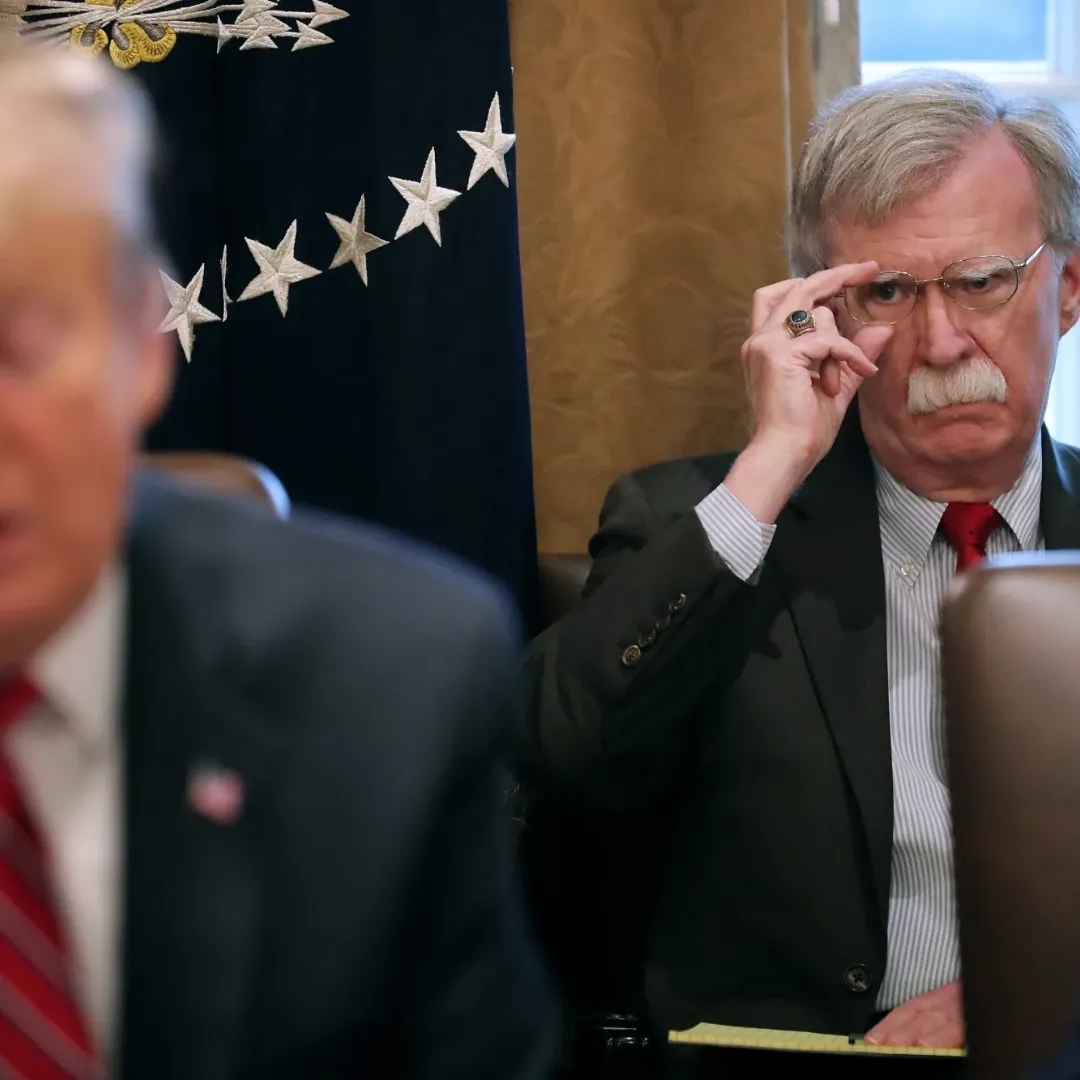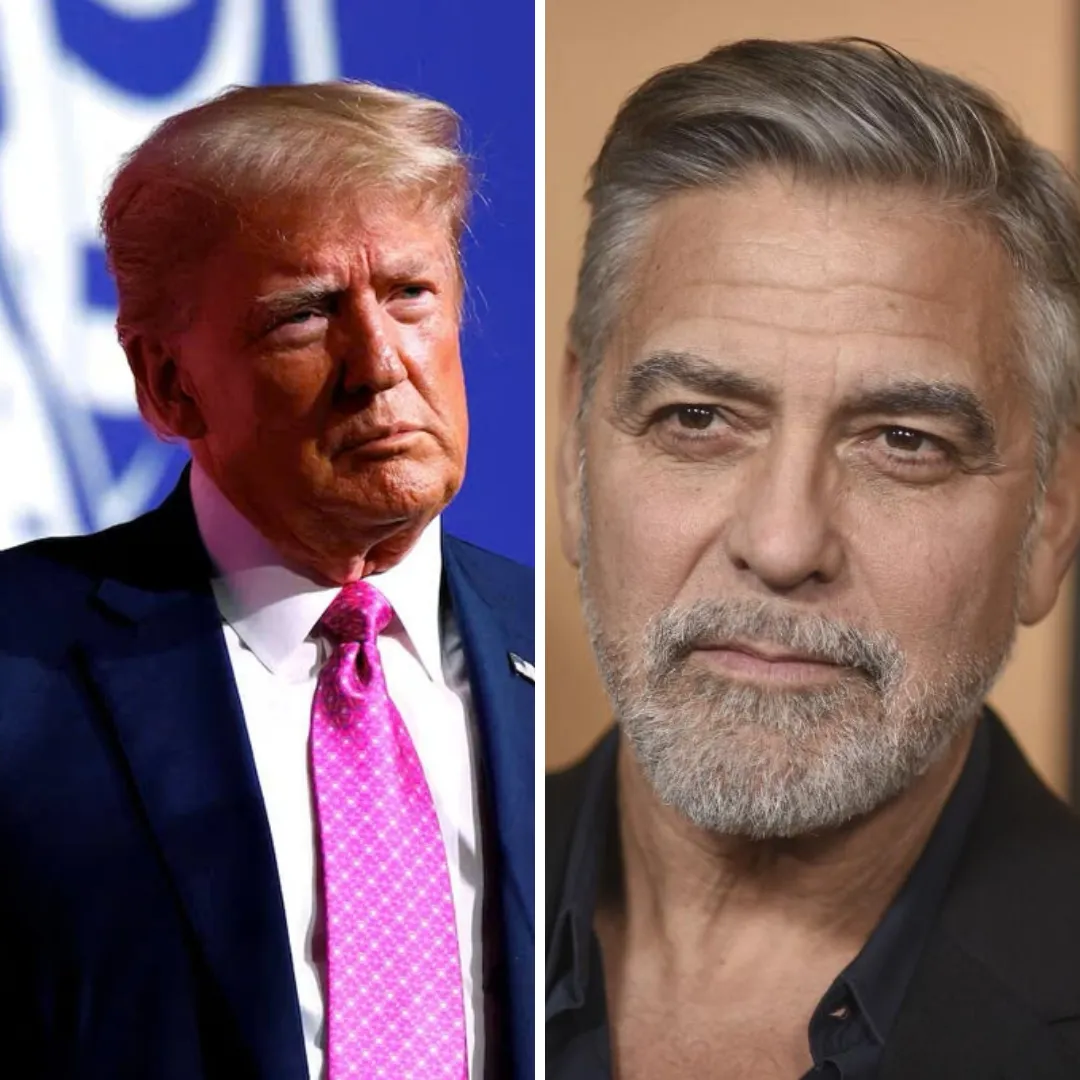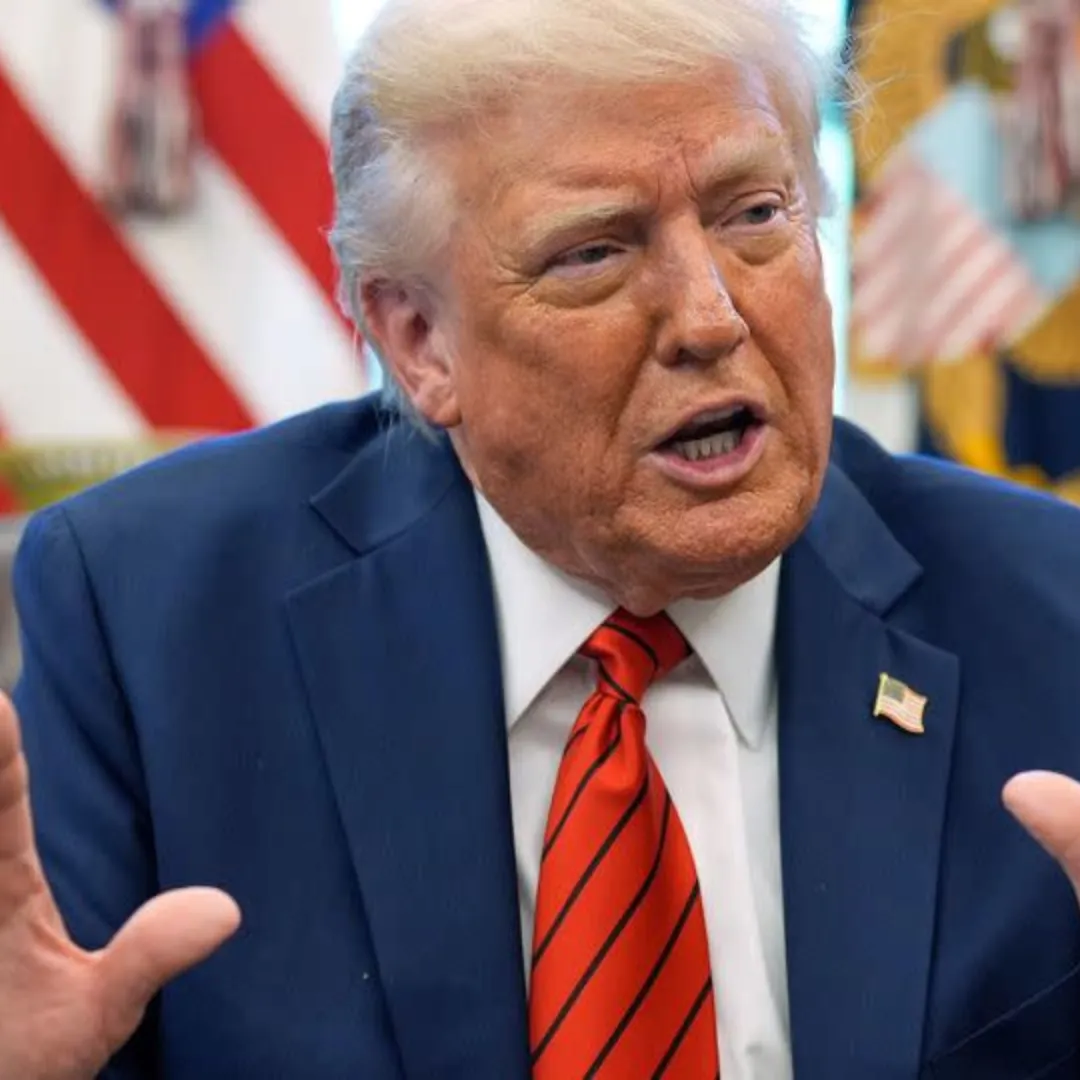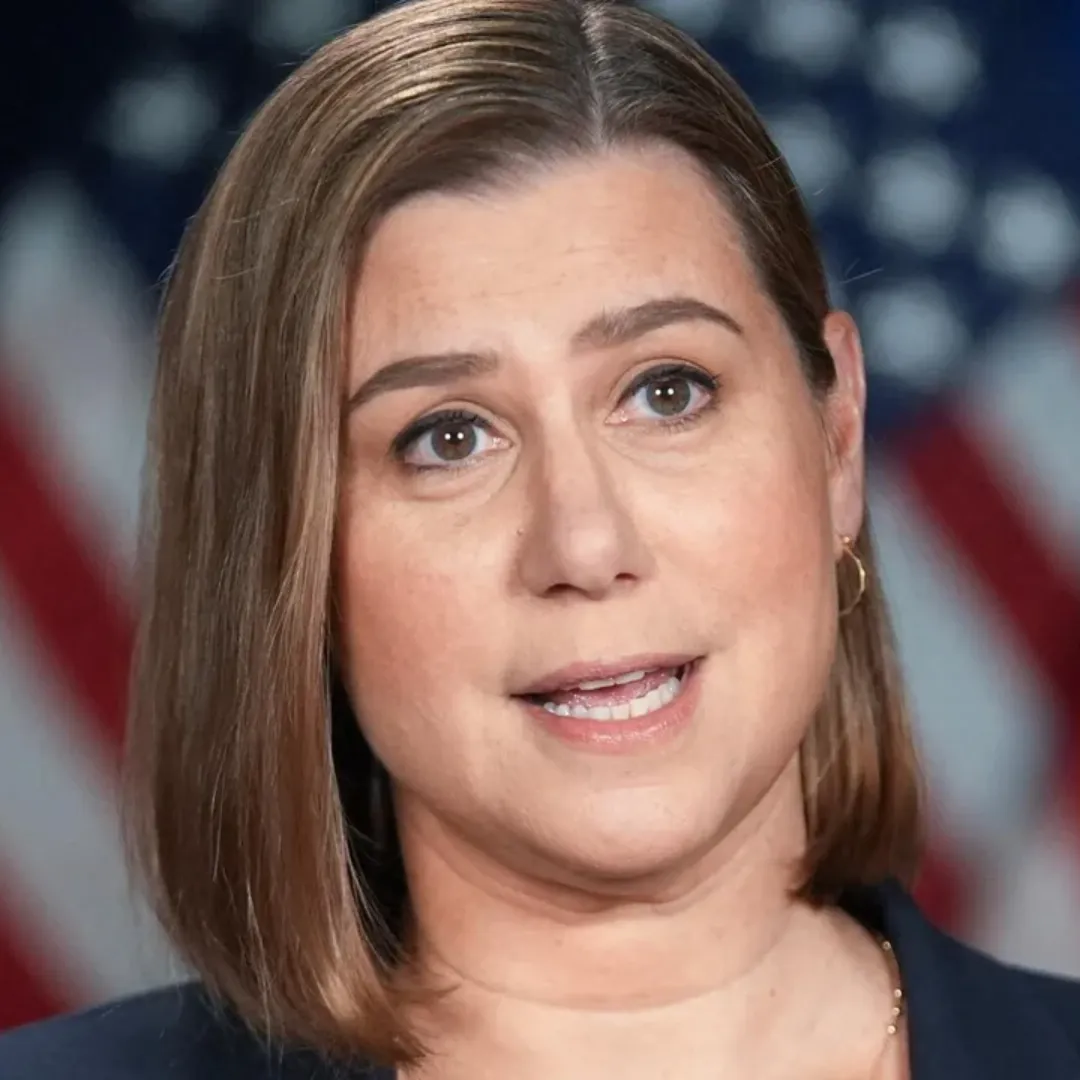
The American Civil Liberties Union has filed a class action lawsuit against the Trump administration, accusing federal agencies of unlawfully revoking the legal status of international students in the United States.
The lawsuit, filed in federal court in New Hampshire, argues that the administration’s recent actions targeting foreign students have created devastating consequences for thousands of individuals pursuing their education in the U.S.
According to the complaint, international students who were legally enrolled in U.S. colleges and universities under the F-1 visa program are now facing detention, deportation, and life-altering disruption to their academic and professional goals.
The ACLU and several of its state affiliates say the government terminated the legal status of these students without proper notice or justification, violating both their due process rights and established immigration law.
“ The consequences of Defendants’ unilateral and unlawful termination are dire, ” attorneys for the ACLU wrote in the court filing. “ The termination puts students out of lawful student status.
Plaintiffs and the class face immigration detention and deportation. Plaintiffs and the class face severe financial and academic hardship. Further, Plaintiffs and the class are not able to obtain their degrees and work pursuant to the Optional Practical Training program after graduation. ”
The suit highlights that many of the students were in the middle of ongoing semesters, with coursework, tuition payments, and career planning already in motion.
“ Indeed, Defendants’ unilateral and unlawful terminations have severely disrupted the educational opportunities of students who are in the middle of their studies and who are simply trying to obtain, often at considerable expense, an education in the United States while following all the rules required of them, ” the filing continues.

The ACLU’s legal challenge comes amid a sweeping immigration crackdown by President Trump’s administration, which has made visa enforcement a central component of its broader policy goals.
In the past month alone, according to data compiled by independent sources, more than 1,100 international students at over 170 academic institutions have had their student visas either revoked or rendered invalid.
These actions have not only drawn sharp criticism from immigrant rights advocates but have also sparked legal battles in multiple states.
In addition to the ACLU’s suit in New Hampshire, lawsuits have been filed in Wisconsin and Montana. In some cases, judges have already issued temporary restraining orders that prevent federal immigration authorities from detaining or deporting the students until the legal process plays out.
Plaintiffs argue that the government has offered no clear explanation for the sudden revocations, leaving many students in limbo and without a clear path forward.
At the heart of the controversy is the question of whether the federal government is selectively enforcing visa rules to target students for their political beliefs or participation in campus protests.
According to reports, international students who have taken part in demonstrations against Israel’s military actions in Gaza have been among those whose visas were revoked.
At the same time, officials have claimed that some of the affected students have criminal records, though they have declined to specify how many or what those records entail.
“ The American Civil Liberties Union appears far more interested in protecting foreign students than the civil liberties and safety of Americans, ” said Tricia McLaughlin, Assistant Secretary at the Department of Homeland Security, in response to the lawsuit. “ They should consider changing their name. It is a privilege to be granted a visa to live and study in the United States of America. ”

McLaughlin went on to say that visa holders who violate U.S. laws or express support for violence should not be allowed to remain in the country.
“ When you break our laws and advocate for violence and terrorism, that privilege should be revoked, and you should not be in this country, ” she added.
When asked to provide additional clarification about how decisions are made regarding individual visa revocations, the Department of Homeland Security deferred to the State Department.
“ For case-specific inquiries related to visa revocation or individual revocation status, DHS defers to the Department of State, ” McLaughlin said.
Secretary of State Marco Rubio acknowledged last month that visa revocations are on the rise, particularly for students suspected of violating the terms of their stay.
“ We have terminated over 300 student visas, and the number increases daily, ” he told reporters, without specifying the criteria used in those decisions.
The State Department’s spokesperson, Tammy Bruce, declined to give details about the specific reasons for the visa cancellations. “ We don’t go into statistics or numbers; we don’t go into the rationale for what happens with individual visas, ” Bruce said.
“ What we can tell you is that the department revokes visas every day in order to secure our borders and to keep our community safe, and we’ll continue to do so. ”

Despite those assurances, legal experts and university officials are raising red flags. They argue that the sudden and sweeping nature of the visa revocations suggests a lack of due process and a politically motivated effort to punish dissent.
The Optional Practical Training program, which allows foreign students to work in the U.S. after completing their studies, has also been thrown into disarray, with many students now unable to begin jobs they had secured months ago.
“ These students were following the law, paying tuition, and contributing to their academic communities, ” said Leila Farooq, an immigration attorney working with several students impacted by the revocations.
“ Now they’re being told they must leave the country immediately, often without any explanation or opportunity to respond. ”
University leaders have also expressed concern about the impact the policy shift is having on international education in the United States.
Several institutions have seen an increase in anxiety and confusion among their foreign student populations, prompting emergency meetings with legal counsel and local advocacy groups.
Some universities have established legal hotlines and resources to assist students affected by the visa cancellations, but many say they feel powerless to stop the federal action.
“ We are deeply concerned about the legal and emotional toll this is taking on our students, ” said a university official in Boston who requested anonymity. “ Many of these students have no other home. They came here to study and contribute, not to be criminalized. ”

The implications for U.S. higher education could be long-lasting. International students contribute billions of dollars to the U.S. economy annually and are a critical part of academic and research programs nationwide.
Many universities rely heavily on the tuition paid by foreign students, and the loss of those students could lead to budget shortfalls and program cuts.
But beyond the financial cost, advocates warn that the crackdown risks sending a message that the U.S. no longer welcomes international scholars.
The ACLU’s lawsuit highlights not only the personal toll on the students involved but also the potential damage to America’s reputation as a global leader in education.
“ This case is about more than student visas, ” the ACLU’s lead attorney said during a press briefing.
“ It is about the United States living up to its promise of fairness, due process, and the rule of law. These students did everything they were supposed to do. They should not be treated as criminals for seeking an education. ”
The lawsuit seeks an immediate injunction preventing the administration from deporting or detaining students affected by the revocations, as well as a full review of the policies and procedures used to terminate visa status.
The plaintiffs are also asking for a declaratory judgment that the actions taken by the government are unlawful and unconstitutional.
As the legal battle unfolds, the students involved remain in a state of uncertainty. Some have already left the country out of fear, while others are staying in hiding or seeking refuge with friends and faculty.

They are unsure whether they will be able to resume their studies, finish their degrees, or return to the lives they had worked so hard to build.
For now, the courts will have the final say. But the students, their advocates, and their legal teams are determined to fight back.
“ We came here for opportunity and education, not to be punished for our beliefs or made into political pawns, ” said one student plaintiff, who asked not to be named for fear of retaliation. “ I just want to finish my degree and build a future. ”
As the case proceeds, all eyes will be on the federal court in New Hampshire, where the question of whether international students have a right to due process and protection under the law will be tested.
For the thousands affected, the outcome could determine not only their future in the United States but their faith in the ideals that brought them here in the first place.



